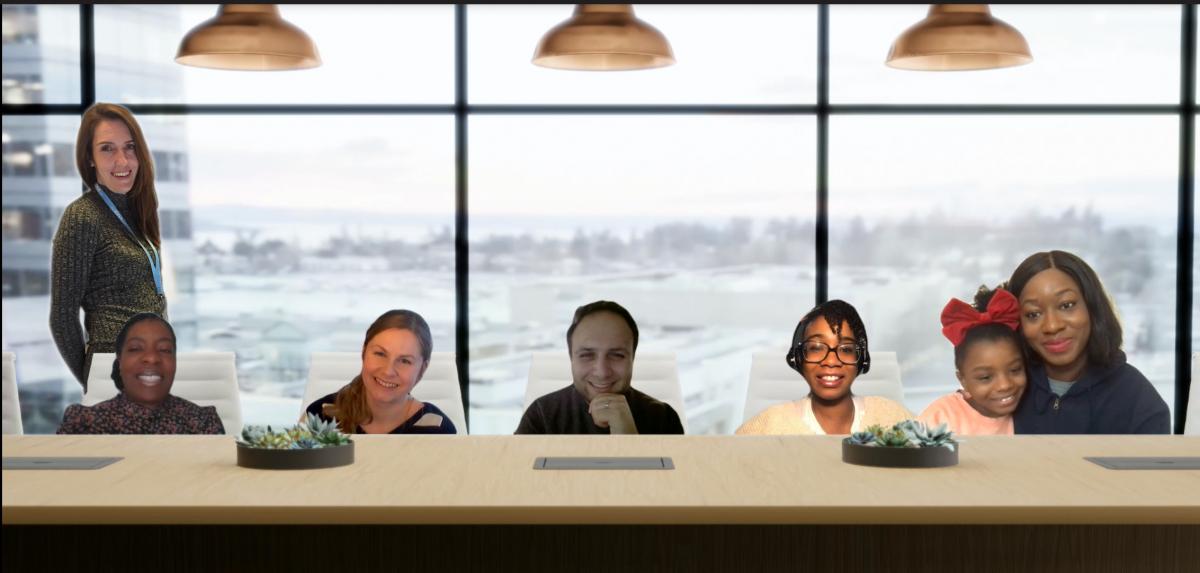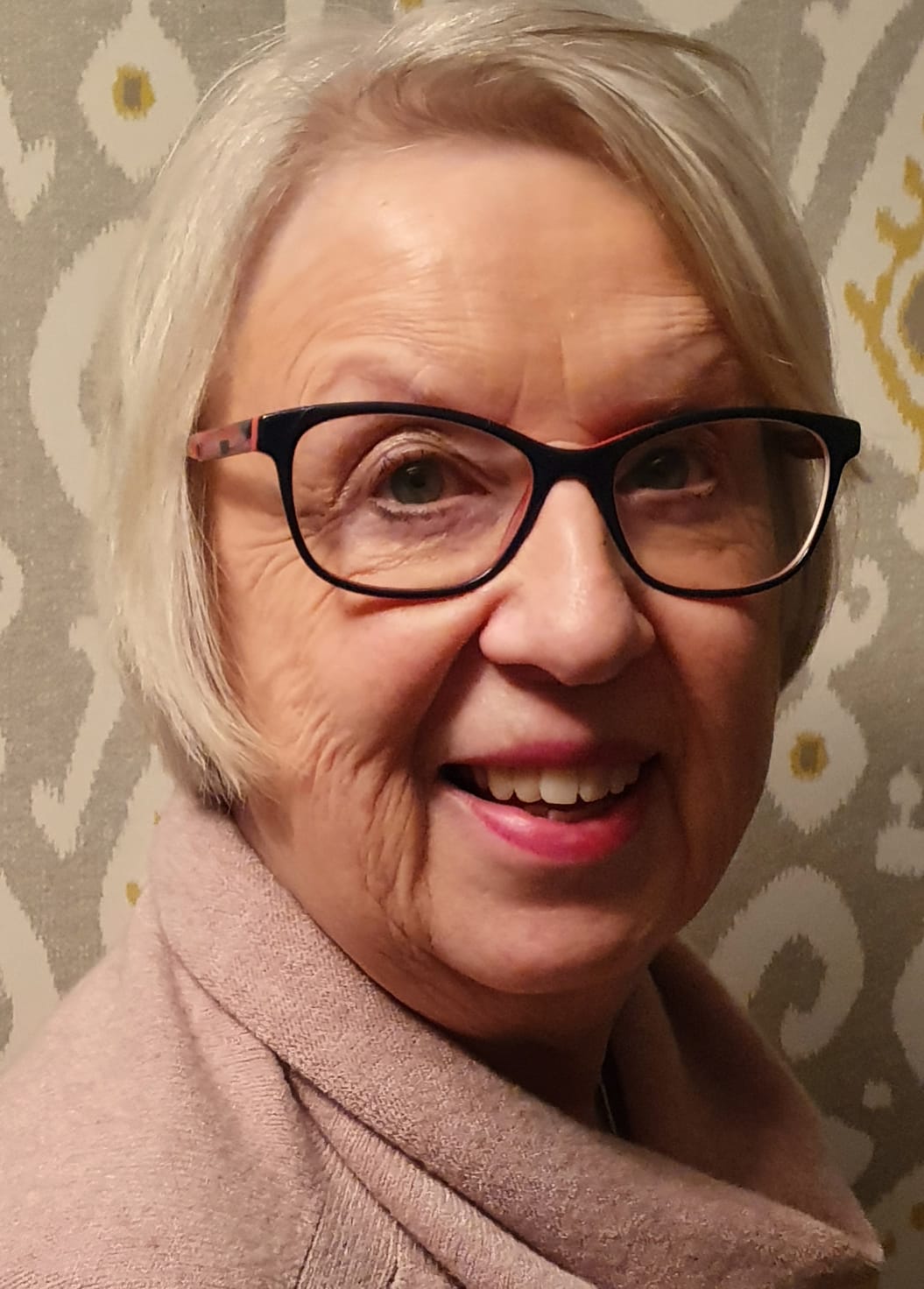Chair of the College of Radiographers Sandie Mathers introduces the projects chosen to investigate the impact of the pandemic on the profession
During the first months of the Covid-19 pandemic, the College’s Board of Trustees were well aware of the hard work being carried out by radiographers not only as key workers but also in amending their clinical practice across all areas of our profession in order to provide a safe and efficient service for their patients.
It was recognised there was much learning to be gathered from all areas of the profession such as new work practices and education, innovative student learning, and university revision of learning, in addition to all the continual changes of the new working day.
The College traditionally makes two sets of research awards each year through its Industry Partnership Scheme (CoRIPS) but a specialist call for research proposals now seemed necessary in addition to our normal schedule to enable this important research to be carried out. This plan was brought to the next Board meeting, and Trustees agreed to fund the research call to enable the projects to start as soon as possible. The call went out in late summer 2020.
The conclusion of this process is seen in projects featured below. The Trustees are absolutely delighted to congratulate all the recipients of the Covid-19 research funding. The successful applicants have developed research projects covering the breadth and diversity of UK radiography and we look forward to reading the results, and impact of their hard work.
I am sure the outcomes of this research will be of interest not only to the profession in the UK but also will inform changes in practice and thinking in the radiographic communities around the world. Well done all of you!
Sarah Naylor
Exploring diagnostic radiographers’ experiences through the Covid-19 pandemic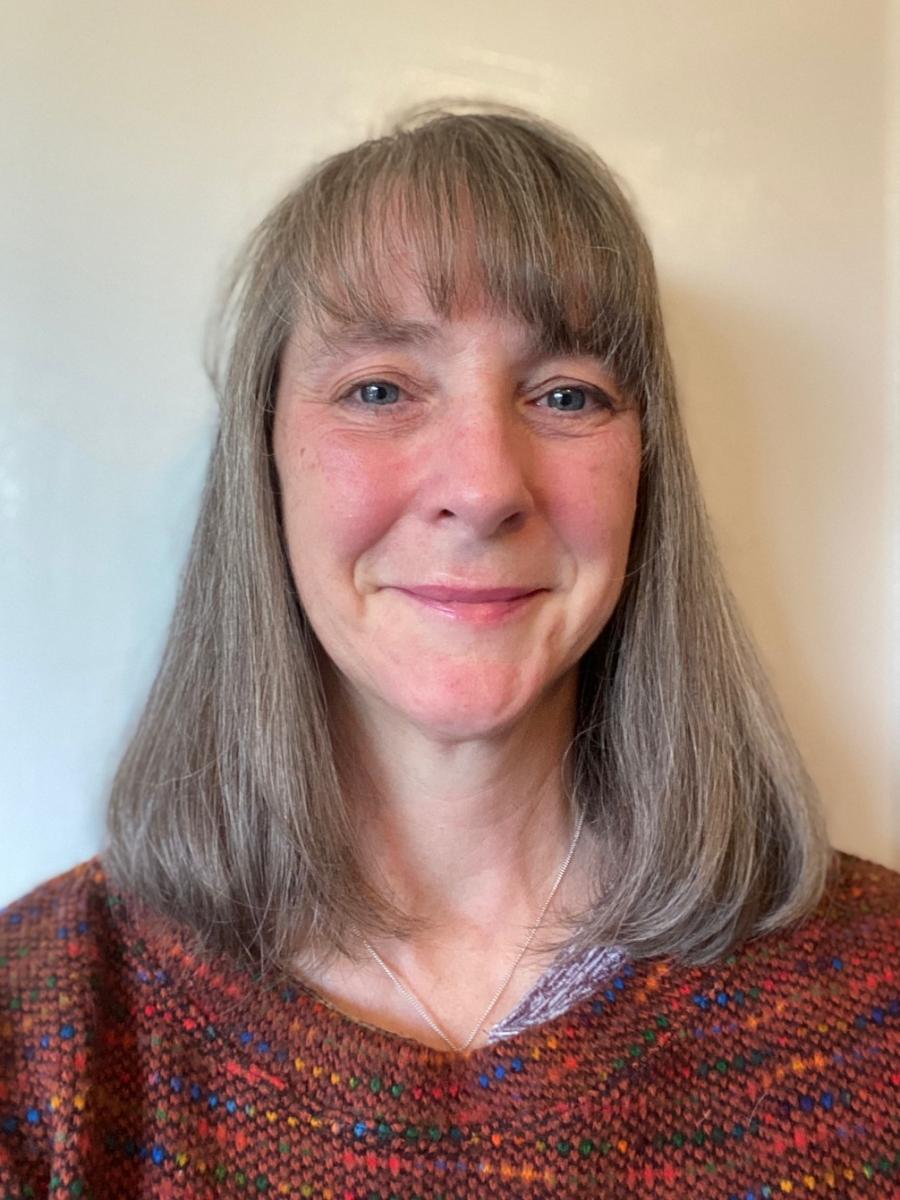
This project will explore the experiences of diagnostic radiographers working in clinical practice throughout the Covid 19 pandemic. The participants will be qualified radiographers working at different levelswithin the NHS, who will take part in focus groups carried out using a remote platform. Six to ten participants will be invited to take part in each focus group, which will be facilitated by two members of the project team. A series of open questions will be used to guide the focus group discussion, and the data collected will be followed up by eight semi-structured interviews to gain insight into individual stories.
The findings of the project will contribute to the current body of knowledge on the working practices of diagnostic radiographers. In these unprecedented times, adaptations are continually made to the working practices of diagnostic radiographers in the clinical environment. This project will explore these experiences and identify any learning and development needs moving forward into the future.
The results will be disseminated using a variety of methods including conference presentations and publication in a peer-reviewed journal.
Nicholas Courtier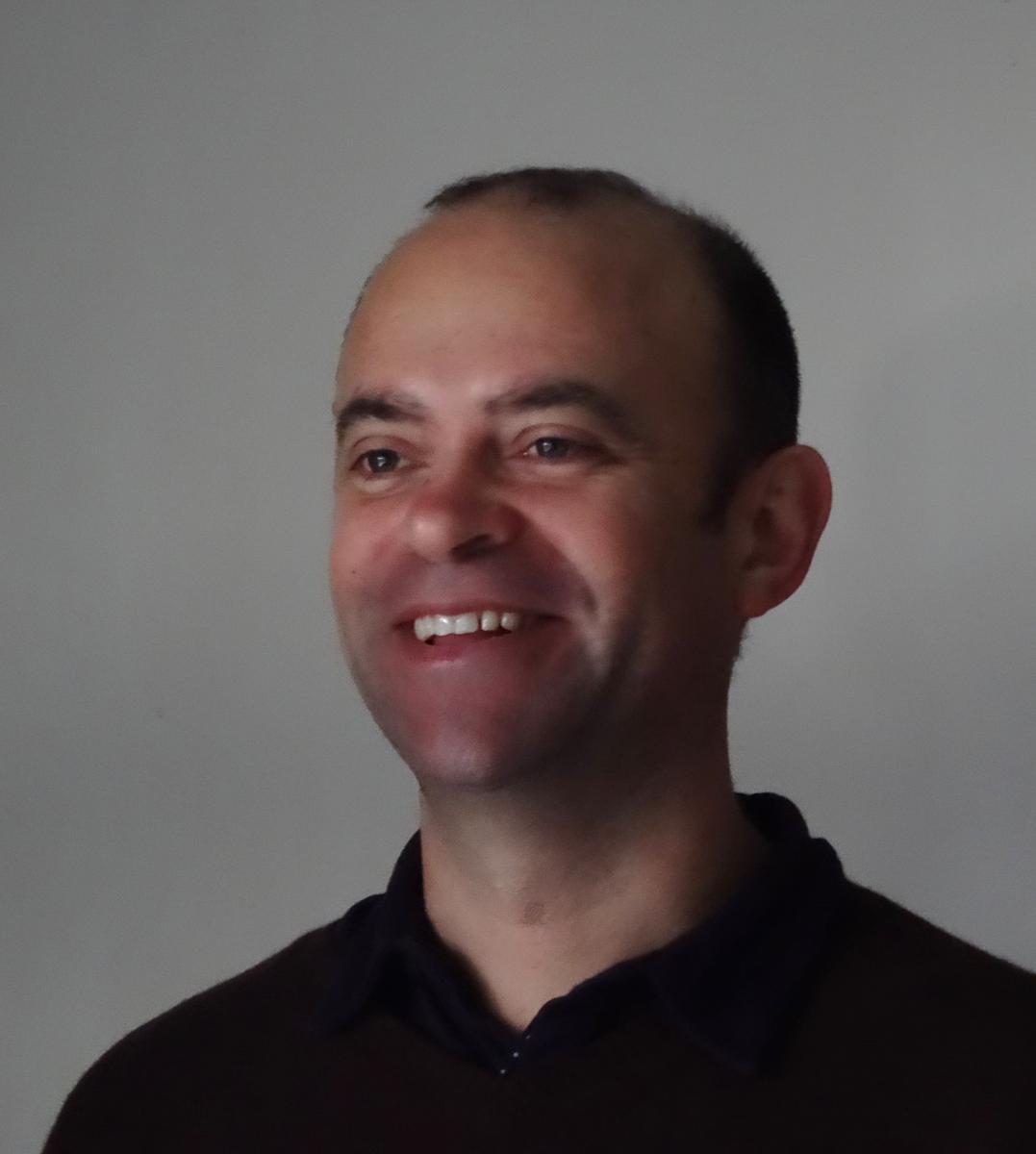
Experiences of newly qualified therapeutic radiographers who transitioned to work during the Covid-19 pandemic
The Covid-19 crisis continues to have big impacts on how radiotherapy is delivered, how staff do their jobs and how patients are cared for. Part of the NHS response has been to accelerate final year radiotherapy students to work as radiographers before they have fully qualified. Moving from a radiography student to staff member is a challenging but exciting shift under the best of circumstances. It is quite a different prospect when working practices are unfamiliar and the graduates are joining an established group of people who have been together during an unfolding professional journey.
We have already conducted the first part of a research project that looked at the expectations of a group of Welsh radiotherapy students who were about to start work during the Covid-19 crisis. The challenges, opportunities and fears that they reported suggest that there may be a gap between their expectations and the reality in radiotherapy departments.
We now plan to revisit them remotely wherever they are now working and interview them about their experiences within their first six months. We want to see how they have settled into their departments, what helped them fit in, what was challenging and what educational, training or mentoring support would help them. We will also undertake group discussions with staff from three radiotherapy centres in Wales to explore their views of integrating new staff during the pandemic. Recommendations to support new staff and reduce the risk of them leaving work can then be made.
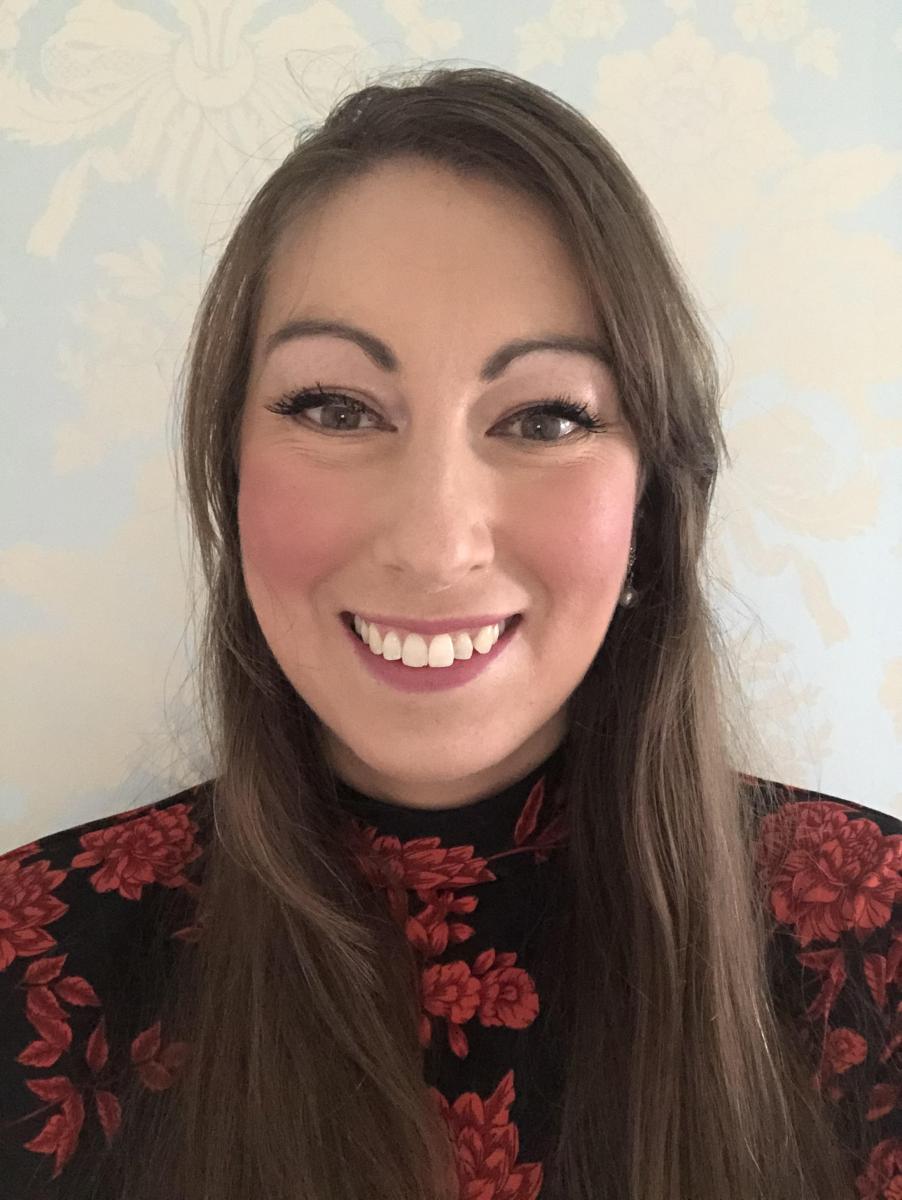 Heather Drury-Smith
Heather Drury-Smith
Barriers and facilitators to engaging with health services for patients with breast cancer symptoms or a breast cancer diagnosis during the Covid-19 pandemic
There are an estimated 600,000 people living in the UK with a diagnosis of breast cancer and 1 in 7 women in the UK will develop breast cancer in their lifetime. There are many different signs and symptoms of breast cancer, so regularly checking the breasts for any changes is important. The earlier breast cancer is diagnosed, the better the chance of successful treatment.
As a direct result of the coronavirus pandemic there has been a 78% drop in UK screening and referrals for people presenting with breast cancer related symptoms. The delay experienced by some patients with cancer-related symptoms may increase the risk that the patient may require more extensive surgery, or in some cases reduce the patient’s prognosis in the long term.
We are interested in understanding the experiences of people who have noticed a potential breast cancer symptom during the pandemic, as well as patients diagnosed with breast cancer just before lockdown in March 2020. We will interview people to identify barriers or challenges in seeking an appointment with a GP or accessing cancer services for breast cancer treatment. Understanding the barriers to accessing cancer services will inform appropriate information or toolkits for patients, GPs and service providers. Recommendations to policy makers and cancer service managers will enhance patient access to services should there be a further wave of Covid-19 infections.
Christina Malamateniou
Assessing the impact of Covid-19 on radiography academics and researchers: a mixed methods, exploratory, world-wide study
In the past 10 months, Covid-19 has claimed the lives of more than 1m people globally, leaving many with long-term symptoms of breathlessness and chronic fatigue known as long Covid-19 syndrome.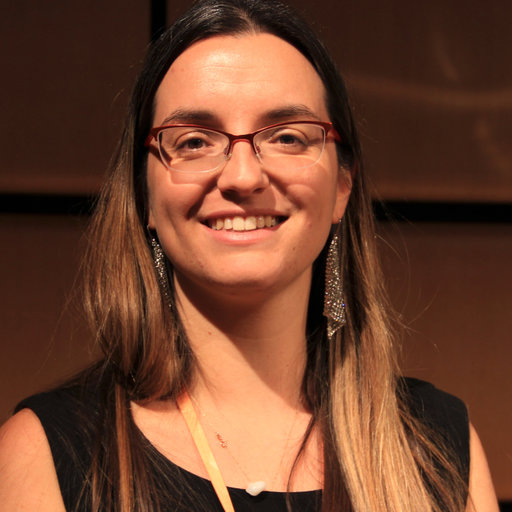
Frontline staff fighting this pandemic have received public recognition, with tributes to those lost to Covid-19 but also those who sacrificed their own family balance and health, and those working long hours to help their patients. The toll of Covid-19 on the physical and mental health of radiographers has still not been fully appreciated, and it will be further exacerbated by a long and challenging winter ahead.
Academics, researchers and educators in radiography are fighting their own battles, often going unrecognised. Therapeutic and diagnostic radiography academics (hereafter referred to as radiography academics) had to quickly adjust placement patterns, online curricula, reformulate research projects, design new ways of remote learning, redesign lab spaces and resources, offer emotional support and personal tutoring for many more students, work often anti-social hours, at the expense of their families, offering maximum flexibility to students while chasing deadlines for the new academic year. Massive changes have had to be implemented with very little notice, all while dealing with their own health concerns, burnout, shielding family members, and often home-schooling.
Some of these professionals have also taken on clinical responsibilities during the pandemic and others have continued in part-time roles to maintain their skills. Our proposal is to understand the impact of Covid-19 on academics and explore recommendations to help manage mental and physical challenges.
Jacqueline Matthew
Why are Black, Asian and minority ethnic women under-represented in pregnancy imaging studies? A multi-method study to explore attitudes, experiences and research priorities
Recent reports looking at pregnancy have revealed that in the UK the rate of women and babies dying during pregnancy are much higher in those from Black and Asian backgrounds when compared with White women. The Covid-19 pandemic has further highlighted health inequalities for people who are from racial minorities, and the government has pledged to tackle the issues.
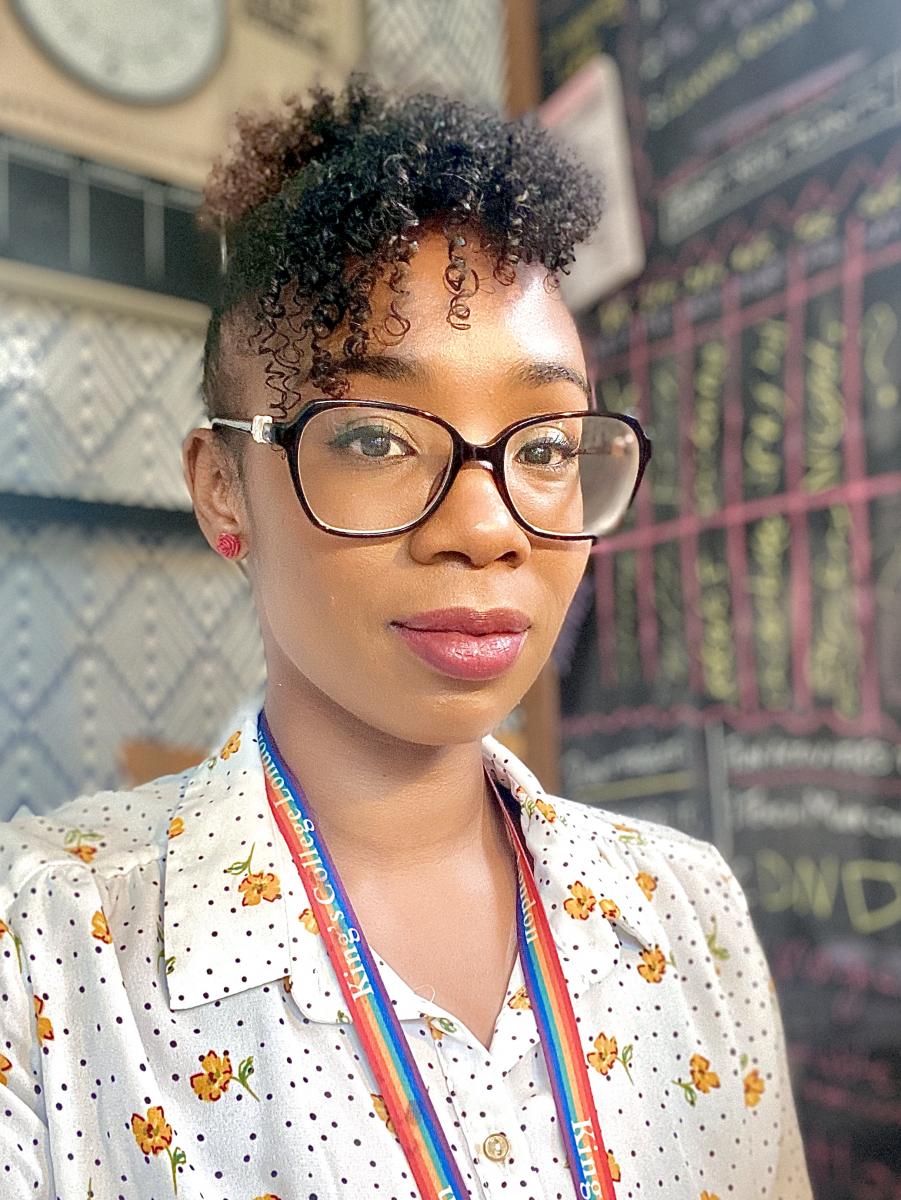 The reasons women from minority backgrounds have poor health/pregnancy outcomes are complex and research into the causes within the UK is limited. Ultrasound and MRI imaging are commonly used during pregnancy to diagnose health conditions with the baby and mother. Many pregnancy related studies do not include enough women from ethnically diverse backgrounds, which increases the risk of inaccurate results. This may mean that the results are not as valid for some women.
The reasons women from minority backgrounds have poor health/pregnancy outcomes are complex and research into the causes within the UK is limited. Ultrasound and MRI imaging are commonly used during pregnancy to diagnose health conditions with the baby and mother. Many pregnancy related studies do not include enough women from ethnically diverse backgrounds, which increases the risk of inaccurate results. This may mean that the results are not as valid for some women.
The lack of diversity could be related to how women are recruited, the women’s understanding of the research, or its accessibility. Whatever the reasons, this has resulted in women from racial minority backgrounds being under-researched.
For this project, we will use our women’s health networks and virtual social media platforms to speak to women from a wide range of community groups that represent Black, Asian and other minority ethnic (BAME) pregnant women. We will use a combination of surveys, one-on-one interviews and small focus groups to exchange ideas. The aim is to understand women’s perspectives of the facilitators and barriers to participating in pregnancy-related research that involves ultrasound or MRI scans with voices from a broad range of racial, cultural, social and economic backgrounds. With these women, we will then create a top 10 list of the most important areas they would like to be researched.
Pictured right: Jackie Matthew.
Pictured below: Members of the research team (l-r): Dr Lisa Story, Clinical Lecturer and Fetal Medicine Specialist, KCL/Guys and St Thomas'; Sharon Watty, Tutor Sonographer, Guy's and St Thomas'; Emily Skelton, CoR Doctoral Fellow/Sonographer, King's College London/City University; Sergio Silverio, Research Associate in Social Science of Women’s Health, King's College London; Jackie Matthew, NIHR Clinical Doctoral Fellow/Sonographer, King's College London/GSTT; Agnes Agyepong and her daughter, Parent Co-Researcher, Best Beginnings Charity.
